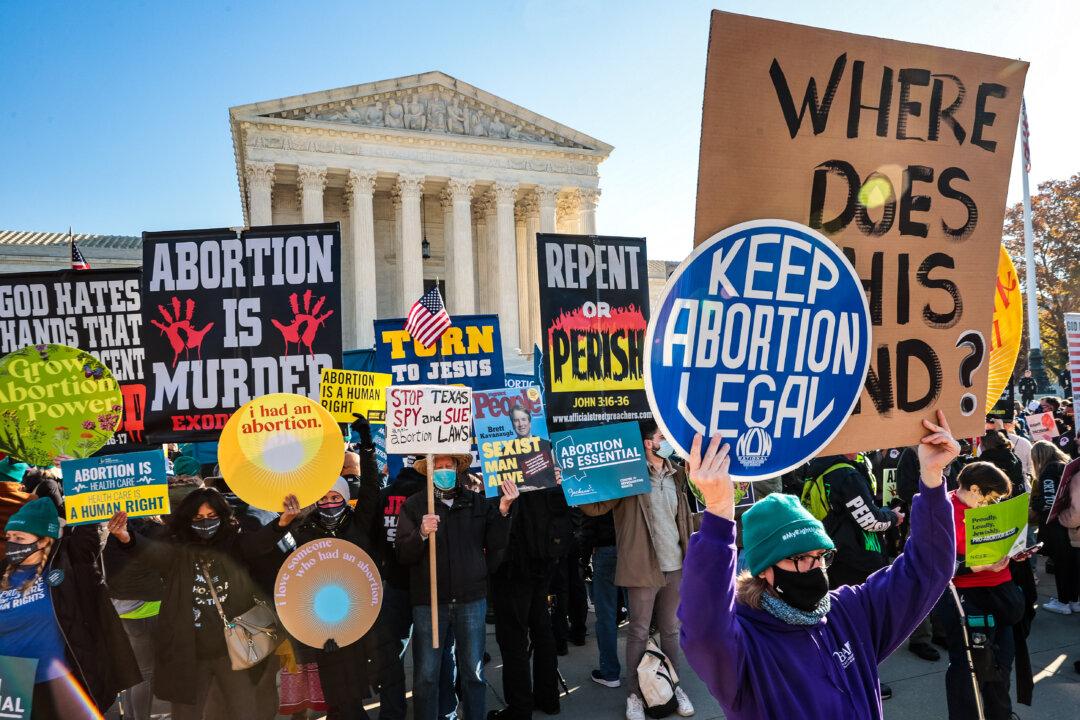News Analysis
Abortion may seem an unlikely topic for the Senate Committee on the Budget to tackle, but Chairman Sheldon Whitehouse (D-R.I.) said in his opening statement that “reproductive rights ... are intrinsically tied to economic opportunity.”

Abortion may seem an unlikely topic for the Senate Committee on the Budget to tackle, but Chairman Sheldon Whitehouse (D-R.I.) said in his opening statement that “reproductive rights ... are intrinsically tied to economic opportunity.”